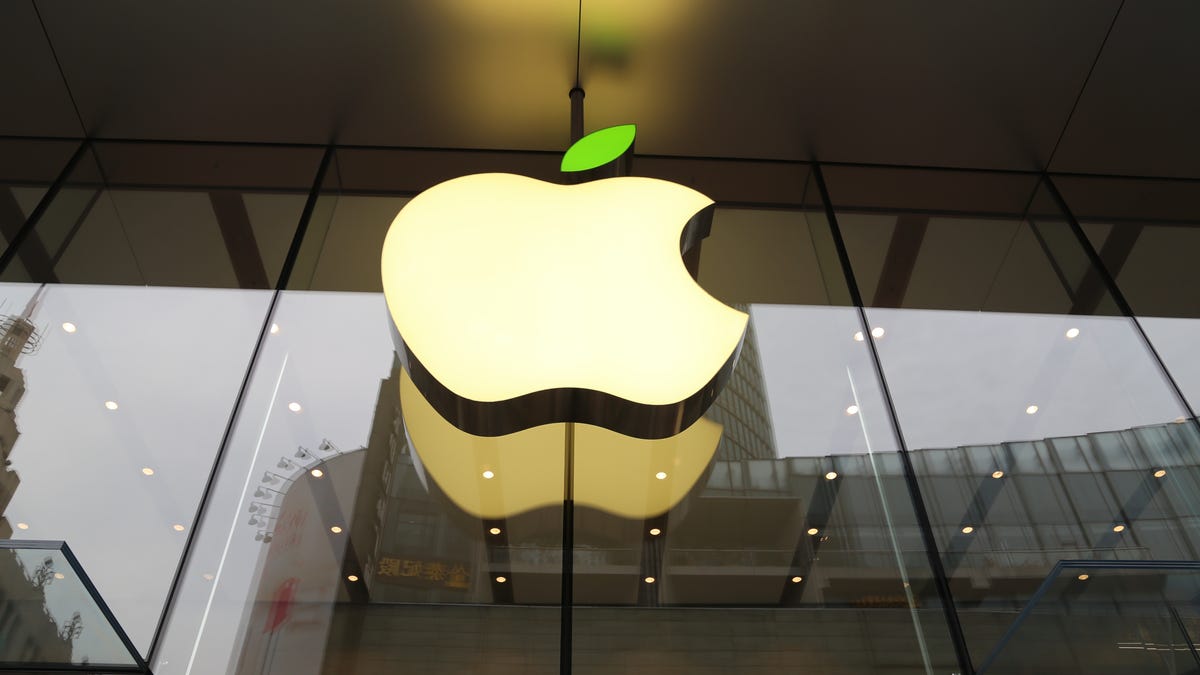Apple prepares for $14 billion tax battle in EU court
The iPhone maker will argue against a tax bill it got from the EU in 2016.

Apple is going to court Tuesday.
Fresh off the launch of its 2019 iPhones, Apple is preparing to challenge a 13 billion euro ($14.4 billion) tax bill it got from the European Union in 2016. Chief Financial Officer Luca Maestri will lead the company's delegation into Luxembourg's General Court on Tuesday, according to Reuters.
During the two-day hearing in the EU's second highest court, the Cupertino, California, company will argue against the EU Competition Commission's assertion that Apple had an unfair advantage that allowed it to pay less tax than it should have in Ireland, where its EU headquarters are located. The country's tax system attracts many US tech companies, and Ireland will stand by Apple's side in court.
"Two tax rulings granted by Ireland have artificially reduced Apple's tax burden for over two decades, in breach of EU state aid rules. Apple now has to repay the benefits worth up to €13 billion, plus interest," EU Competition Commissioner Margrethe Vestager said in 2016.
"This decision sends a clear message: Member States cannot give unfair tax benefits to selected companies. No matter if they are European or foreign, large or small, part of a group or not."
Apple already started repaying some of the money the EU says it owes into an escrow account.
"It's been clear since the start of this case there was a pre-determined outcome. The Commission took unilateral action and retroactively changed the rules, disregarding decades of Irish tax law, US tax law, as well as global consensus on tax policy, that everyone has relied on," Apple said when it filed its appeal in December 2016.
"If their opinion is allowed to stand, Apple would pay 40% of all the corporate income tax collected in Ireland, which is unprecedented and, far from leveling the playing field, selectively targets Apple. This has no basis in fact or law and we're confident the ruling will be overturned."
The EU Competition Commission declined comment.
First published at 5:41 a.m. PT.
Updated at 8:27 a.m. PT: Notes that the EU Competition Commission declined comment.

